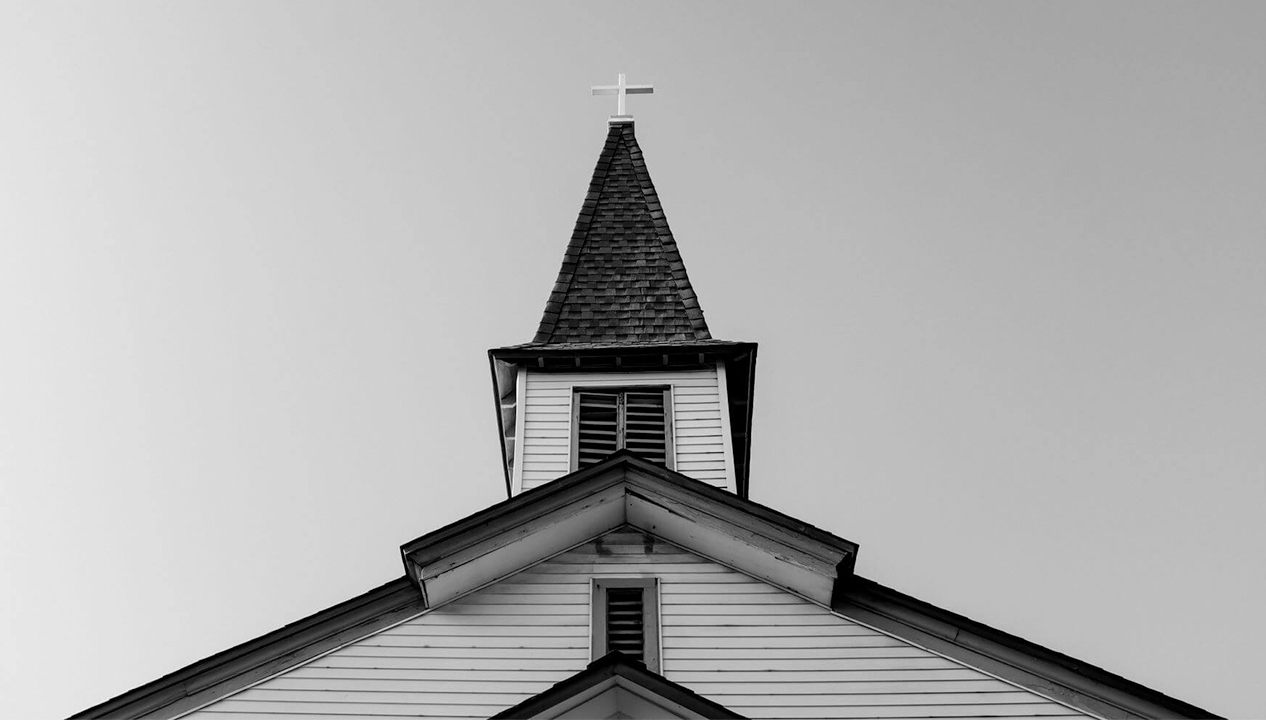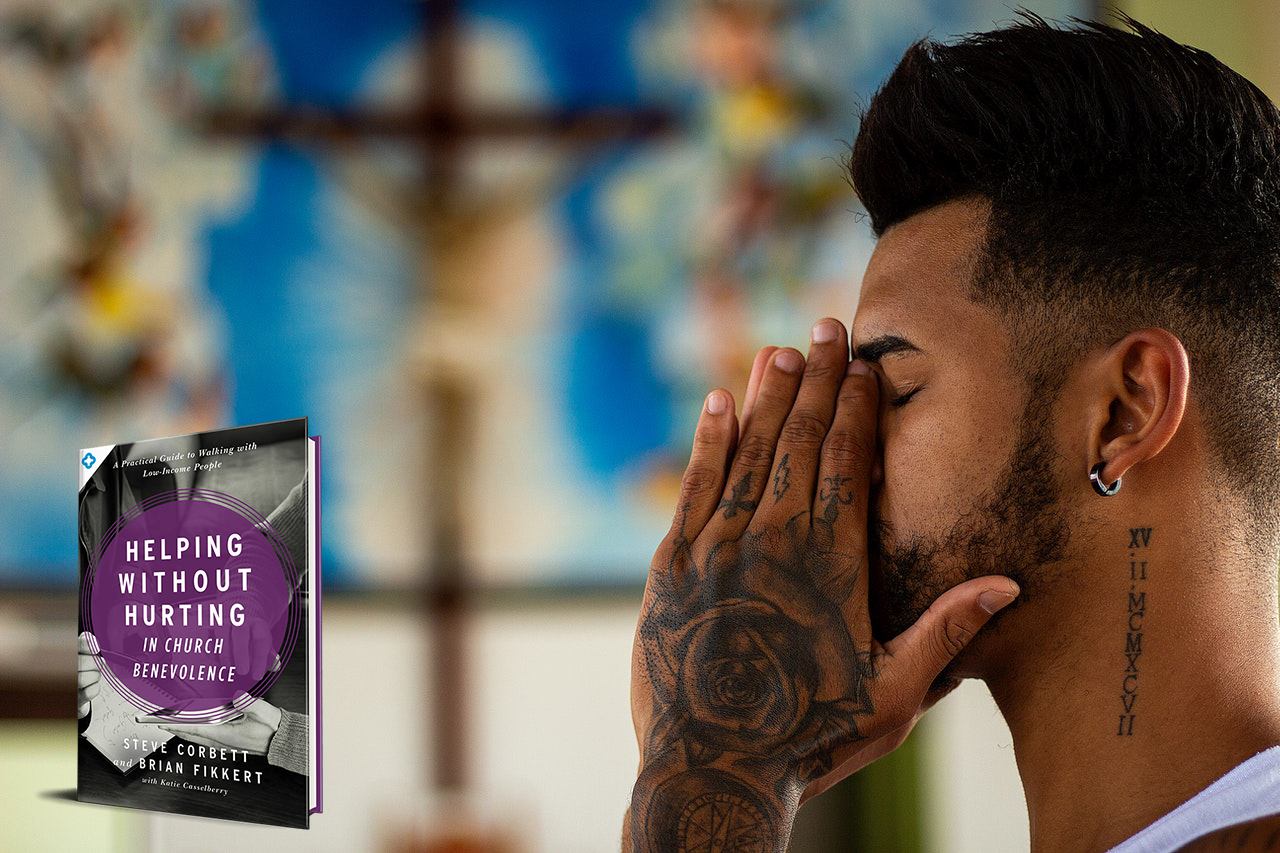The Equality Act’s Potential Impact on Faith-Based Efforts
Jeff Lofting
Director of Education
Read more from Jeff
Imagine for a moment this scenario: You’ve finally escaped a traumatic and abusive relationship at the hands of your husband and found refuge in a local faith-based women’s crisis shelter, which is helping you begin the long process of healing. For the first time you can remember, you feel safe.
One study shows that 92% of homeless mothers have experienced sexual and/or physical abuse. Because of this reality, shelters implement strict safeguards to protect the emotional and physical well-being of vulnerable individuals who have placed trust in that shelter, and they have had the discretion to do just that. President Biden’s promised resurrection of the Equality Act during his first 100 days, though, endangers that discretion.
Over the past few decades, a rising tide of efforts grew into the Equality Act of 2019, which threatened to permanently handicap faith-based organizations (FBOs) by limiting their freedom in day-to-day decisions. Although this legislation only passed the Democratic-led House of Representatives in 2019, there is now a greater possibility that a similar bill could be signed into law with one-party control of both the legislative and executive branches.
In section 3 of the Equality Act, an amendment to the language of the CRA would have effectively prohibited sex-specific facilities, such as homeless and women’s crisis shelters, from separating biological males and females. One can imagine the emotional and physical dangers this might pose to the safety and well-being of residents who have experienced sexual and physical abuse from the opposite sex. This nine-page list of individuals charged with sex crimes in intimate facilities suggests that similar incidences could occur in shelters (pg. 26).
Anchorage’s Hope Center, a self-described “safe haven…for homeless women,” recently faced an incident in which an inebriated biological male identifying as a female expected a bed for the night. A representative for the shelter stated, “Some of the women have said to the shelter, if you allow biological men to sleep right next to us at night, to disrobe and change right next to us at night, we’ll brave the cold.” The Hope Center explained that “it would rather close than deviate from its religious views and its mission to serve vulnerable women.”
A quick glance into the history of social work, philanthropy, medicine, and education reveals that faith communities have been the primary providers of assistance and aid to marginalized populations—the sick, poor, enslaved, and the refugee. The love that drives these humanitarian efforts is rooted in a deeply held faith, one which places a moral imperative on caring for those in need and affirming the inherent worth and dignity of every individual.
While the policymakers responsible for the Equality Act likely have good intentions, the unintended consequences of the Equality Act threaten not only FBOs but also individuals in need. The underlying faith that drives the work of FBOs will not allow most to violate their deeply held convictions and would likely cause these organizations to cut back or cease operation entirely in their present realm.
Currently, FBOs are a major player in providing social services for the marginalized populations in their communities. A 2017 study by Baylor University involving eleven major cities found that FBOs are responsible for providing, on average, 60% of all emergency shelter beds and lead the way in measuring positive outcomes for those they serve. The study also linked those outcomes to taxpayer savings of $119 million over three years. Not only do private FBOs save Americans money, but they require less of it to accomplish better results than their public counterparts.
Economist James Rolph Edwards further determined that FBOs are far more efficient in utilizing funds, with two-thirds of income directly impacting those in need—government agencies are half as efficient.
Faith-based efforts to care for those in need clearly have immense benefits for the individual and society as a whole.
Those working in charitable efforts, whether faith-based or secular, are not simply cogs in a social assistance machine—they are individuals making significant sacrifices for the opportunity to impact their communities. They do so joyfully, freely exercising their beliefs in the care of those in need. The aim is not to turn away those in need, but to help the most vulnerable in the most effective way that they know, based on their convictions. The Equality Act would handicap their ability to do so and may cause those they seek to protect to “brave the cold.”
It is imperative that leaders of faith-based organizations understand the potential implications of similar future legislation, as well as their rights. We recommend beginning with the following three steps:
- Make the faith-based aspects of your mission clear.
- Remove the necessity for government funding in the operation of your organization.
- Utilize the resources in the “Further Reading” section below to learn more about this issue and the rights of faith-based organizations.
True Charity Initiative can work with you to take the first two steps above. Consider joining the True Charity Network to learn, connect, and influence public policy to ensure effective charity.
FURTHER READING:
- Protecting Religious Staffing by Religious Organizations
- US Department of Justice FAQ Regarding Federal Funding and FBOs
- The Freedom of Faith-Based Organizations to Staff on a Religious Basis
- Text of Equality Act (H.R. 5, 116th, 2019)
- Washington Wednesday Analysis of the Equality Act on The World and Everything In It
- Faith-Based and Secular Humanitarian Organizations (a history)





